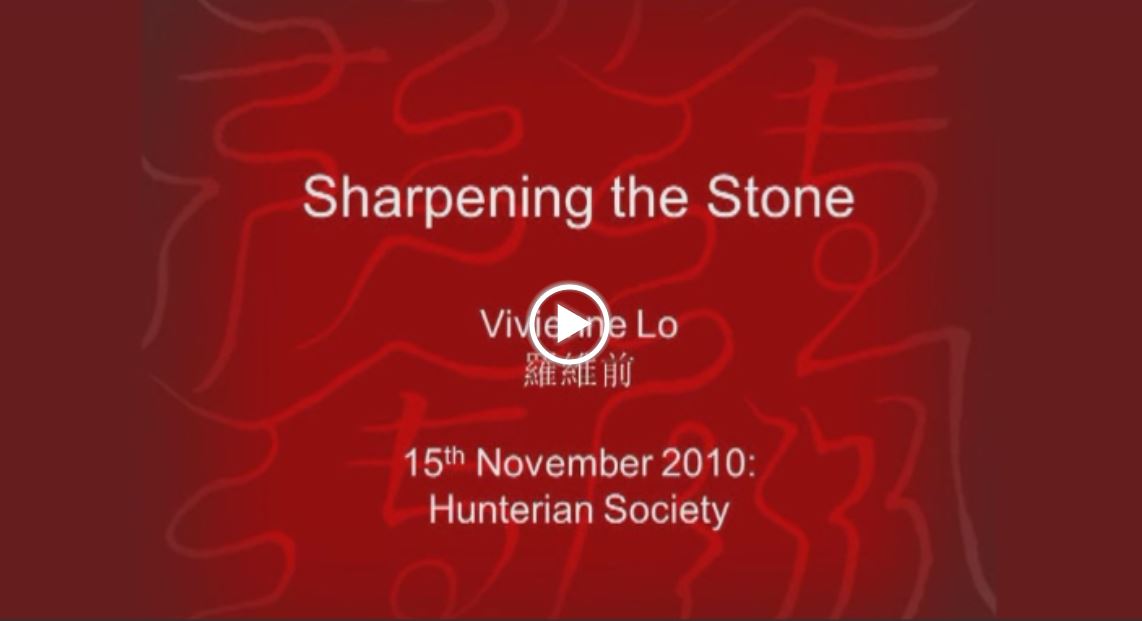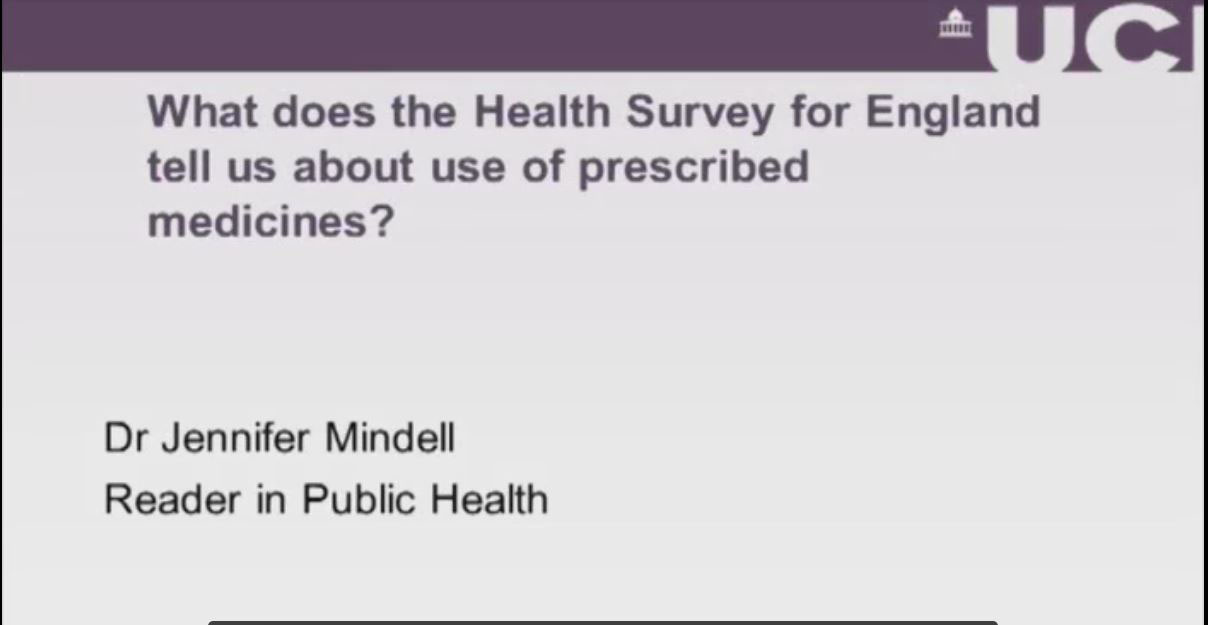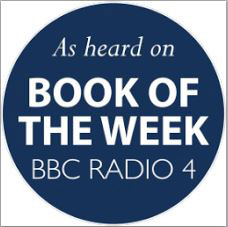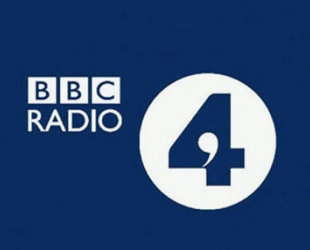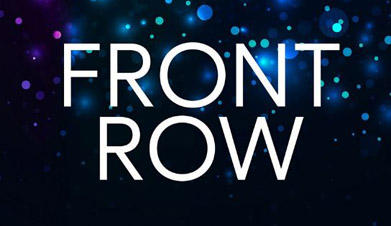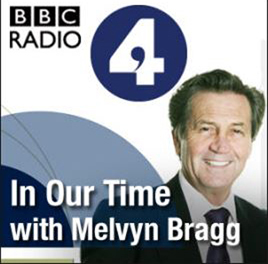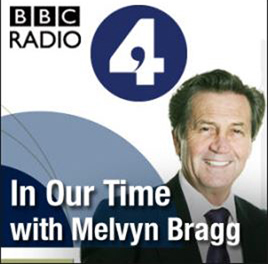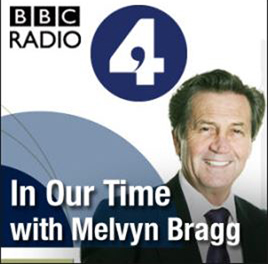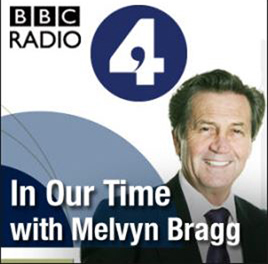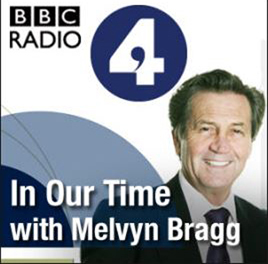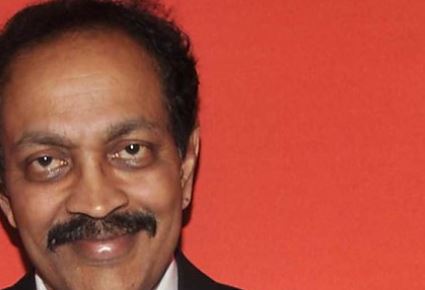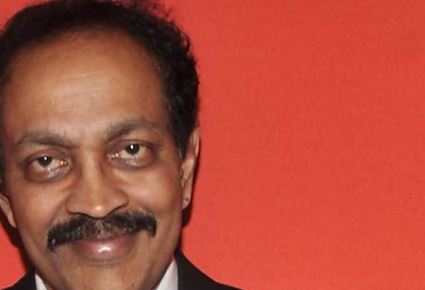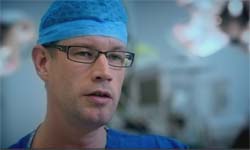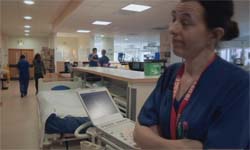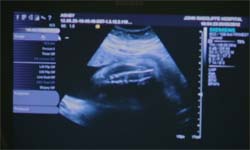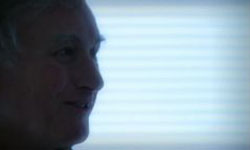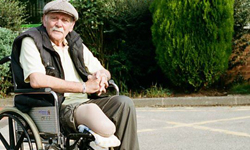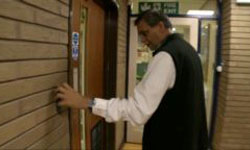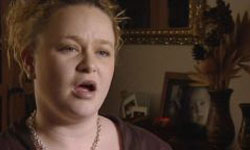Select one or more of these popular tags:
-
3D Healthcare and Wellbeing
-
Prof Philip Treleaven
Pre-sessional Lecture 2010
- Lectures
- Medical Sciences
- No subtitles
- 60
Pre-sessional Lecture 2010
-
Hacking The Brain
-
Dr Lewis Dartnell , 2010
Diploma 2010
- Lectures
- Medical Sciences
- No subtitles
- 55
Diploma 2010
-
Hayfever
-
Prof John C. Foreman , 2008
GPC/Pre-sessional Lecture 2008
- Lectures
- Medical Sciences
- No subtitles
- 59
GPC/Pre-sessional Lecture 2008
-
Sharpening the Stone
-
Vivienne Lo , 2011
Diploma 2011
- Lectures
- Medical Sciences
- No subtitles
- 55
Diploma 2011
-
What does the Health Survey for England Tell us About Use of Prescribed Medicines?
-
Dr Jennifer Mindel , 2015
Diploma Lecture 16th March 2015
- Lectures
- Medical Sciences
- No subtitles
- 50
Diploma Lecture 16th March 2015
-
Battle for Birth
-
Penny Marshall
Penny Marshall tells the story of how the battle for birth has been waged between women, doctors and midwives over the last two centuries. This war has shaped the maternity services in the UK today. Penny talks to midwives, obstetricians, mothers and policy makers about the battles that have been fought to give women the maternity care they want.
Penny Marshall tells the story of how the battle for birth has been waged between women, doctors and midwives over the last two centuries. This war has shaped the maternity services in the UK today. Penny talks to midwives, obstetricians, mothers and policy makers about the battles that have been fought to give women the maternity care they want.
-
Book of the Week - Suburban Shaman
-
Cecil Helman
To be a good doctor you have to be a compassionate chameleon, a shape shifter - a shaman. Even if your adaptation to your patients' world happens at an unconscious level you should always work within their system of ideas, never against it...' So writes Cecil Helman after 27 years as a family practitioner in the suburbs of North London interlaced with training and research as a medical anthropologist, comparing a wide variety of health systems. This unique combination of frontline health worker and detached academic informs the many stories that make up this fascinating book.
To be a good doctor you have to be a compassionate chameleon, a shape shifter - a shaman. Even if your adaptation to your patients' world happens at an unconscious level you should always work within their system of ideas, never against it...' So writes Cecil Helman after 27 years as a family practitioner in the suburbs of North London interlaced with training and research as a medical anthropologist, comparing a wide variety of health systems. This unique combination of frontline health worker and detached academic informs the many stories that make up this fascinating book.
Early research in the 1990s suggested that babies born with a lower birth weight were at increased risk of developing diabetes in later life. This work has now moved on to show that the weight you put on after birth is more crucial. How effective is physical exercise on the rate of developing diabetes, and just how much exercise do you need to do in order to protect yourself? Richard Hannaford follows the population studies that have found the answers to these and other questions about the emergence of this condition.
Early research in the 1990s suggested that babies born with a lower birth weight were at increased risk of developing diabetes in later life. This work has now moved on to show that the weight you put on after birth is more crucial. How effective is physical exercise on the rate of developing diabetes, and just how much exercise do you need to do in order to protect yourself? Richard Hannaford follows the population studies that have found the answers to these and other questions about the emergence of this condition.
Adding fluoride to the water supply has always been a polarised debate. Some think it will prevent tooth decay while others say its safety has not been proven. Its not a new argument, 50 years of fluoridation studies are available but recently public health officials of both Scotland and England have revisited the issue. The difference is that Scotland has decided against increasing the amount of fluoride in the water, while in England the Strategic Health Authorities can, after consultation, request that Water Companies add fluoride to an agreed level. Richard Hannaford asks whether science can ever solve this controversy.
Adding fluoride to the water supply has always been a polarised debate. Some think it will prevent tooth decay while others say its safety has not been proven. Its not a new argument, 50 years of fluoridation studies are available but recently public health officials of both Scotland and England have revisited the issue. The difference is that Scotland has decided against increasing the amount of fluoride in the water, while in England the Strategic Health Authorities can, after consultation, request that Water Companies add fluoride to an agreed level. Richard Hannaford asks whether science can ever solve this controversy.
One person in a hundred suffers from schizophrenia and among some groups, especially migrants; the incidence appears to be even higher. Schizophrenia still carries a stigma and many sufferers refuse to accept that they have the condition.Schizophrenia may include a range of symptoms like delusions and hallucinations. But doctors are still at a loss to explain what actually causes the disease.
One person in a hundred suffers from schizophrenia and among some groups, especially migrants; the incidence appears to be even higher. Schizophrenia still carries a stigma and many sufferers refuse to accept that they have the condition.Schizophrenia may include a range of symptoms like delusions and hallucinations. But doctors are still at a loss to explain what actually causes the disease.
-
Frontiers - Cancer treatment
-
Geoff Watts
Is a new personalised drug for skin cancer set to revolutionise cancer medicine?In the first of a new series of Frontiers, Geoff Watts finds out about a new cancer drug that has had dramatic results in a previously almost untreatable type of skin cancer.
Is a new personalised drug for skin cancer set to revolutionise cancer medicine?In the first of a new series of Frontiers, Geoff Watts finds out about a new cancer drug that has had dramatic results in a previously almost untreatable type of skin cancer.
-
In Our Time - Neuroscience
-
Melvyn Bragg
Neuroscience used to work – by examining the dead or investigating the damaged – but now things have changed. Imaging machines and other technologies enable us to see the active brain in everyday life, to observe the activation of its cells and the mass firing of its neuron batteries. But what picture of the brain has emerged, how has our understanding of it changed and what are the implications for understanding that most mysterious and significant of all phenomena – the human mind?
Neuroscience used to work – by examining the dead or investigating the damaged – but now things have changed. Imaging machines and other technologies enable us to see the active brain in everyday life, to observe the activation of its cells and the mass firing of its neuron batteries. But what picture of the brain has emerged, how has our understanding of it changed and what are the implications for understanding that most mysterious and significant of all phenomena – the human mind?
-
In Our Time - Neuroscience in the 20th century
-
Melvyn Bragg
With Professor Susan Greenfield, director of the Royal Institution, Professor of Pharmacology, Oxford University and Professor of Physics at Gresham College; Professor Vilayanur Ramachandran, Professor of Neuroscience and Psychology, Director of the Brain Perception Laboratory, University of California in San Diego and Professor at the Salk Institute.
With Professor Susan Greenfield, director of the Royal Institution, Professor of Pharmacology, Oxford University and Professor of Physics at Gresham College; Professor Vilayanur Ramachandran, Professor of Neuroscience and Psychology, Director of the Brain Perception Laboratory, University of California in San Diego and Professor at the Salk Institute.
-
In Our Time - Pain
-
Melvyn Bragg
With Patrick Wall, Professor of Physiology at St Thomas’ Hospital, London and author of Pain: The Science of Suffering; Semir Zeki, Professor of Neurobiology at University College, London.
With Patrick Wall, Professor of Physiology at St Thomas’ Hospital, London and author of Pain: The Science of Suffering; Semir Zeki, Professor of Neurobiology at University College, London.
-
In Our Time - The Brain : A History
-
Melvyn Bragg
Despite dissections of brains both human and animal throughout the following centuries, in 1669 the Danish anatomist, Nicolaus Steno, still lamented that, “the brain, the masterpiece of creation, is almost unknown to us.” Why was the brain seen as a mystery for so long and how have our perceptions of how it works and what it symbolises changed over the centuries?
Despite dissections of brains both human and animal throughout the following centuries, in 1669 the Danish anatomist, Nicolaus Steno, still lamented that, “the brain, the masterpiece of creation, is almost unknown to us.” Why was the brain seen as a mystery for so long and how have our perceptions of how it works and what it symbolises changed over the centuries?
-
In Our Time - The Brain and Consciousness
-
Melvyn Bragg
With Steven Rose, Professor of Biology and Director of the Brain and Behaviour Research Group, Open University, Dan Robinson, Distinguished Research Professor, Georgetown University and visiting lecturer in Philosophy and Senior Member of Linacre College, Oxford University.
With Steven Rose, Professor of Biology and Director of the Brain and Behaviour Research Group, Open University, Dan Robinson, Distinguished Research Professor, Georgetown University and visiting lecturer in Philosophy and Senior Member of Linacre College, Oxford University.
-
Redesigning the Human Body - The Skin We're in
-
Len Fisher
Len Fisher wonders how the body would work if we had a go at remaking ourselves. Len confronts his reflection, and dreams about what he could do to make his skin more appealing.
Len Fisher wonders how the body would work if we had a go at remaking ourselves. Len confronts his reflection, and dreams about what he could do to make his skin more appealing.
-
The Reith Lectures 2003 - 1 - Phantoms in the Brain
-
Vilayanur S. Ramachandran
Scientists need no longer be afraid to ask the big questions about what it means to be human with empirical evidence now answering ancient philosophical questions about meaning and existence
Scientists need no longer be afraid to ask the big questions about what it means to be human with empirical evidence now answering ancient philosophical questions about meaning and existence
-
The Reith Lectures 2003 - 2 - Synapses and the Self
-
Vilayanur S. Ramachandran
How does the activity of the 100 billion little wisps of protoplasm - the neurons in your brain - give rise to all the richness of our conscious experience, including the "redness" of red, the painfulness of pain or the exquisite flavour of Marmite or Vindaloo?
How does the activity of the 100 billion little wisps of protoplasm - the neurons in your brain - give rise to all the richness of our conscious experience, including the "redness" of red, the painfulness of pain or the exquisite flavour of Marmite or Vindaloo?
-
The Reith Lectures 2003 - 3 - The Artful Brain
-
Vilayanur S. Ramachandran
Professor Ramachandran draws on neurological case studies and work from ethology (animal behavior) to present a new framework for understanding how the brain creates and responds to art. He will use examples mainly from Indian art and Cubism to illustrate these ideas.
Professor Ramachandran draws on neurological case studies and work from ethology (animal behavior) to present a new framework for understanding how the brain creates and responds to art. He will use examples mainly from Indian art and Cubism to illustrate these ideas.
-
The Reith Lectures 2003 - 4 - Purple Numbers and Sharp Cheese
-
Vilayanur S. Ramachandran
Professor Ramachandran demonstrates experimentally that the phenomenon of synesthaesia is a genuine sensory effect. For example, some subjects literally "see" red every time they see the number 5 or green when they see 2.
Professor Ramachandran demonstrates experimentally that the phenomenon of synesthaesia is a genuine sensory effect. For example, some subjects literally "see" red every time they see the number 5 or green when they see 2.
-
The Reith Lectures 2003 - 5 - Neuroscience: The New Philosophy
-
Vilayanur S. Ramachandran
Professor Ramachandran argues that neuroscience, perhaps more than any other discipline, is capable of transforming man's understanding of himself and his place in the cosmos.
Professor Ramachandran argues that neuroscience, perhaps more than any other discipline, is capable of transforming man's understanding of himself and his place in the cosmos.
At Oxford's John Radcliffe Hospital, mum Adele has just heard the devastating news from brain surgeon Jay Jayamohan that her three-year-old daughter Cerys has a malignant brain cancer. This film follows Cerys's battle and shows other patients who are battling similar odds.
- TV-Recordings
- Medical Sciences
- No subtitles
- 60
At Oxford's John Radcliffe Hospital, mum Adele has just heard the devastating news from brain surgeon Jay Jayamohan that her three-year-old daughter Cerys has a malignant brain cancer. This film follows Cerys's battle and shows other patients who are battling similar odds.
The brain is the most complex and mysterious organ in the body and the neurosurgeons of Oxford's John Radcliffe Hospital like Jay Jayamohan deal with brains which go badly wrong.
- TV-Recordings
- Medical Sciences
- No subtitles
- 60
The brain is the most complex and mysterious organ in the body and the neurosurgeons of Oxford's John Radcliffe Hospital like Jay Jayamohan deal with brains which go badly wrong.
The parents of two year old Raj face an unimaginable dilemma. Ray has a brain tumour which, untreated, will kill him within months. Doctors at Oxford's John Radcliffe Hospital can operate but the surgery carries a high risk of paralysis.
- TV-Recordings
- Medical Sciences
- No subtitles
- 60
The parents of two year old Raj face an unimaginable dilemma. Ray has a brain tumour which, untreated, will kill him within months. Doctors at Oxford's John Radcliffe Hospital can operate but the surgery carries a high risk of paralysis.
The experts examine how scientists are fighting for our survival by battling the world's big killer diseases.
- TV-Recordings
- Medical Sciences
- No subtitles
- 60
The experts examine how scientists are fighting for our survival by battling the world's big killer diseases.
An investigation into the health epidemic that afflicts almost one in ten people in Birmingham and can lead to heart failure, blindness, kidney disease and leg amputations.
- TV-Recordings
- Medical Sciences
- English subtitles
- 60
An investigation into the health epidemic that afflicts almost one in ten people in Birmingham and can lead to heart failure, blindness, kidney disease and leg amputations.
-
Dispatches - Can You Trust Your Doctor?
-
Channel 4
GPs are among the most trusted and respected of all professions. They are our first port of call for most NHS treatment with 800,000 people visiting surgeries every day. But Dispatches reveals that failing doctors routinely slip through the system.
- TV-Recordings
- Medical Sciences
- No subtitles
- 50
GPs are among the most trusted and respected of all professions. They are our first port of call for most NHS treatment with 800,000 people visiting surgeries every day. But Dispatches reveals that failing doctors routinely slip through the system.
-
Dispatches - Confessions of a Nurse
-
Channel 4
As patient numbers and pressures increase, Dispatches investigates the reality of work for nurses around the country and examines whether patient care is being compromised in NHS hospitals.
- TV-Recordings
- Medical Sciences
- No subtitles
- 53
As patient numbers and pressures increase, Dispatches investigates the reality of work for nurses around the country and examines whether patient care is being compromised in NHS hospitals.
Dispatches reveals what life is like for elderly men and women forced to live on today's state pension and deal with the complexities of the government's means-tested benefits to keep body and soul together.
- TV-Recordings
- Medical Sciences
- No subtitles
- 50
Dispatches reveals what life is like for elderly men and women forced to live on today's state pension and deal with the complexities of the government's means-tested benefits to keep body and soul together.




